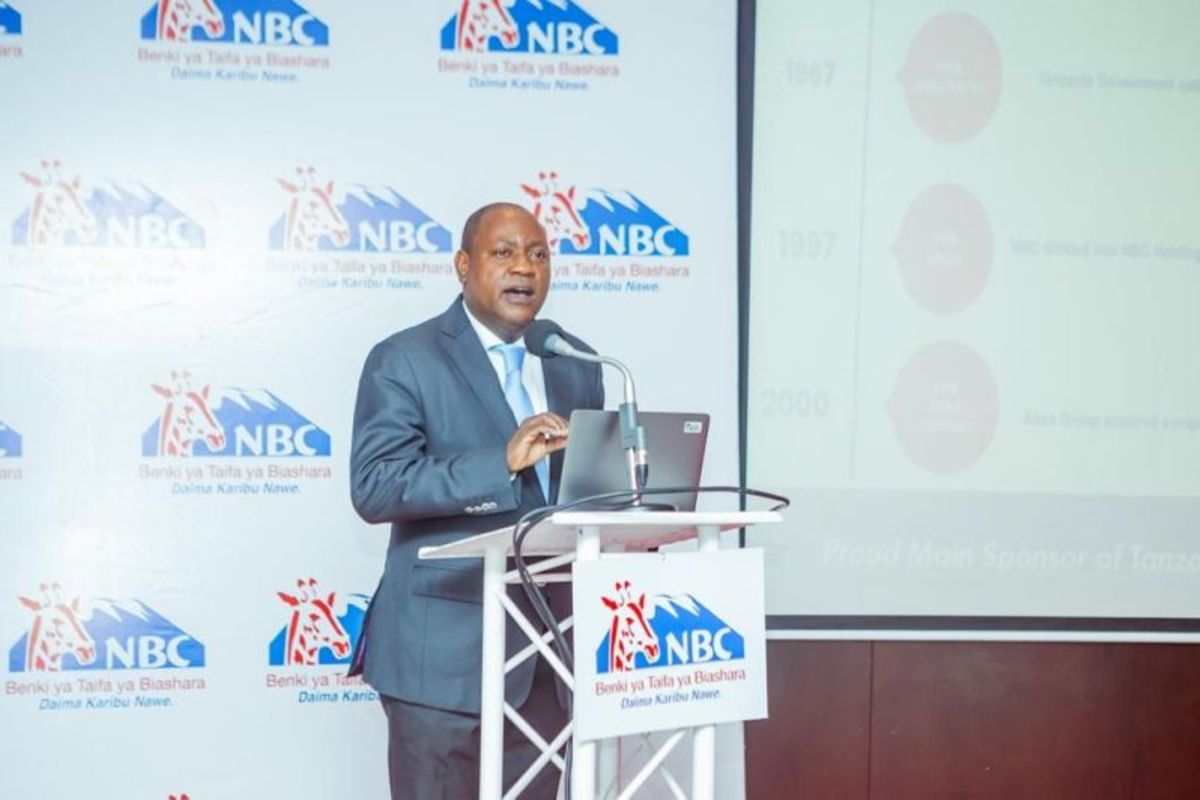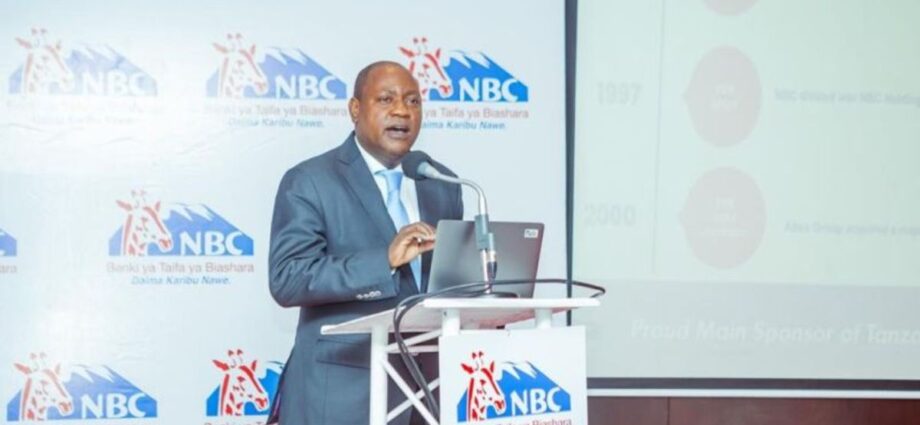
Dar es Salaam. The Tanzania Bankers Association (TBA) has pledged to provide women-friendly financial products to overcome barriers such as lack of collateral for loans.
TBA chairman who is also the managing director of the National Bank of Commerce (NBC), Mr Theobald Sabi, made the remark during a high-level meeting of banking and financial leaders focused on ensuring equal access to financial services and empowering women.
He acknowledged the existing challenges, emphasising the banking sector’s commitment to addressing financial gaps through tailored services, including specialised bank accounts designed for women entrepreneurs.
He also urged for improved language accessibility to ensure financial information is available to all.
“When women-led businesses thrive, they create jobs, boost local economies and drive inclusive growth,” he said.
Bank of Tanzania (BoT) governor Emmanuel Tutuba underscored the importance of financial inclusion, stating that while progress has been made, women, especially in rural areas, still face significant barriers, including limited access to banking facilities, collateral requirement and language obstacles.
He said a recent FinScope survey revealed that despite efforts to expand financial services, gender disparities persist. To address this, banks are implementing inclusive financial strategies aimed at achieving full financial service accessibility for both genders by 2030, with a long-term goal of 50-50 financial inclusion by 2033.
“Banks are working to eliminate gender-based financial disparities, aligning with Sustainable Development Goal (SDG) 5, which calls for gender equality and full access to financial resources for women,” he said.
He noted that TBA is set to introduce new initiatives focused on empowering women financially through specialised products and outreach programmes.
According to him, banks need to support women entrepreneurs by ensuring they have access to essential financial tools and resources.
“Micro and Small Enterprises (SMEs), particularly those led by women, are playing a crucial role in economic growth. By supporting these businesses, banks are not only empowering women but also strengthening families and contributing to national development,” he said.
He said as gender inclusion remains a priority, financial institutions recognise that closing the gender gap is both a moral obligation and an economic necessity.
“By equipping women with the right financial tools and support, the banking sector is laying the foundation for a more inclusive and prosperous future,” he said.













